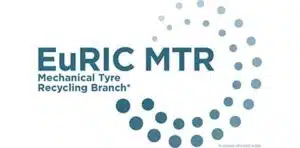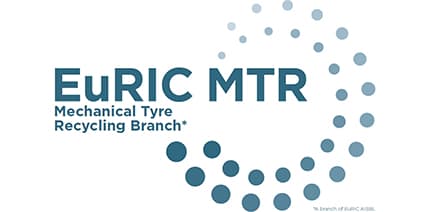For more than 20 years, the End-of-Life Vehicles Directive (2000/53/EC) – also known as ELV – has been in force in Europe, stating that cars must be almost completely recyclable. To achieve this, the materials and substances used must be known. To this end, the International Material Data System IMDS was developed by a group of car manufacturers together with the software developer DXC Technology (then EDS).
From the manufacturer of the individual materials to the component manufacturers and the OEM, the entire automotive supply chain submits its data to the IMDS, which is now part of the type approval process. No car is approved without IMDS data. As more and more legal requirements were added over time, such as substance bans and proof of compliance with the REACH Directive, the automotive industry was able to rely on the data available in the IMDS.
The system has been and continues to be regularly adapted to changing framework conditions so that user companies can comply with legal requirements and meet their reporting obligations. The IMDS has established itself as a global standard and more and more automotive manufacturers are joining the network. In the meantime, there is also an interface to the Chinese material data system, the CAMDS. This is because recycling requirements and material bans also apply in China. OEMs that bring their cars to the Chinese market or companies that supply them must enter their data in the CAMDS. Most recently, an interface to the SCIP database was also activated. All EU companies that manufacture products in the EU and/or place them on the market here that contain SVHC of 0.1 mass percent or more must enter these products into the SCIP database. The advantage for the automotive industry: The data and the supply chains are already included in the IMDS and can be used for this purpose.

The IMDS often poses a challenge for manufacturers of electronic and electrical components. These are usually not pure automotive suppliers but also produce for other industries. They are initially subject to other legal regulations such as the RoHS Directive. The RoHS Directive serves to restrict certain hazardous substances in electrical and electronic equipment and to reduce the pollutant content in order to protect people and the environment as well as to improve recycling. However, RoHS and the ELV are similar in that both restrict heavy metals such as lead, mercury, cadmium and hexavalent chromium, for example. “Changes to the RoHS Directive and its exemptions are usually followed up in the ELV Directive. It is foreseeable, for example, that the RoHS exemptions for lead in aluminium alloys will probably find their way there as well in the next revision of the ELV,” says Dr Berthold Liebig, senior material compliance expert at ebm-papst Mulfingen GmbH & Co. KG. Among other things, the company manufactures fans and electric drives for the automotive industry.
In addition, discussions are underway at the EU level about including lead in Annex XIV of the REACH Directive. This will also affect reporting in IMDS and the SCIP database, allowing companies to demonstrate their compliance with REACH and the WFD guidelines. “A documentation tool such as the IMDS is also beneficial with regard to other substance restrictions, such as those that may occur in the digital product passport of the new planned Ecodesign Regulation,” Liebig adds. In addition, the IMDS queries the standard designation for plastic parts, which can facilitate subsequent sorting, and the recycled content as well as their origin (post-production or post-consumer). The IMDS could also be used to create simple life cycle assessments with the help of the documented lists of materials and thus generate data for consideration of the carbon footprint. This makes studies in the field of sustainability possible and verifiable. However, different components pose different challenges here, such as electronic components.

However, in order to operate the IMDS, the CAMDS or even the SCIP database correctly, appropriate processes are required in the company. Likewise, know-how about the respective valid legal requirements – which can change regularly – as well as material knowledge and/or chemical knowledge must be available. Service providers such as imds professional can help to build up both processes and know-how. The necessary knowledge is imparted in training courses and coaching sessions, and companies are supported in their work. Those who do not want to or cannot take on the numerous tasks related to material reporting themselves can make use of the service provided by imds professional. “We take on the work of contacting suppliers, validating the data and creating material data sheets. If no data can be obtained or if it needs to be checked for correctness, laboratory analysis can also be helpful” explains Markus Engel, material compliance expert at imds professional GmbH & Co.KG. These laboratory analyses are carried out by imds professional in cooperation with partners.
“Even if the increasing laws and substance restrictions initially mean a lot of work for the companies, we should also keep in mind the goal: Environmental protection and sustainability should be strengthened, which ultimately benefits everyone. Systems like the IMDS help to achieve this goal. And for recycling companies, the IMDS can not only be helpful in knowing what the individual components of a car are made of in order to recycle them. They could also use it to find out who uses and needs which recyclates and thus gain new customers,” Markus Engel is convinced of the benefits of the IMDS for all parties involved.
Visit www.ebmpapst.com and www.imds-professional.com












